Interpersonal Communication
This presentation provides an overview of the state of theorizing about interpersonal communication phenomena. Although communication researches have frequently chosen to guide their inquiries by employing theories generated by those whi till the research soil in lands of cognate disciplines, this review is restricted to theories that have been devised by those who identify themselves primarily as communication researches. Moreover, the emphasis is on theories that seek to explain some aspect of communicative conduct. It is possible to organize theoretical activity within the interpersonal communication domain into at least six areas. The first of these concerns the verbal and nonverbal adjustments and adaptations that individuals make during face-to-face interaction. Theories falling into the second area focus on message production processes. The third area includes theories that feature uncertainty as an organizing construct. The fourth area subsumes theories generated to explain various aspects of deceptive communication. The fifth category encompasses dialectical theories. Finally, the growth of new communication technologies that defy traditional distinctions between interpersonal and mass communication has promoted considerable interest in comparisons between face-to-face and computer-mediated social interaction.
{{comment.content}}
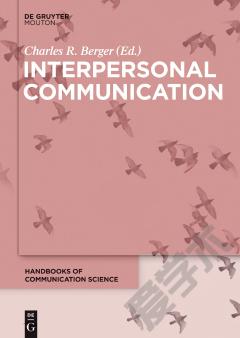
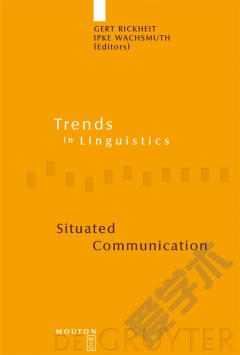
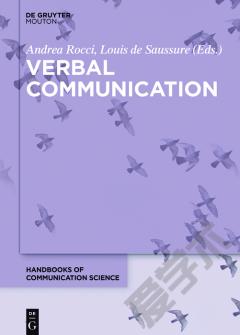

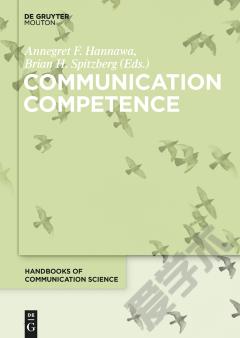
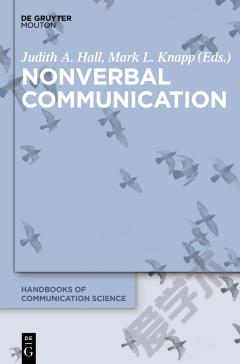
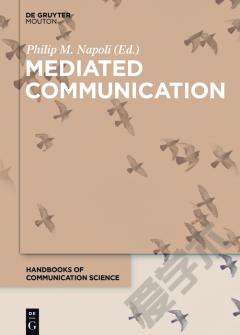

 京公网安备 11010802027623号
京公网安备 11010802027623号